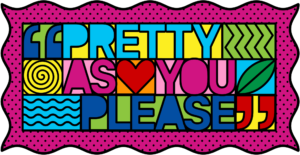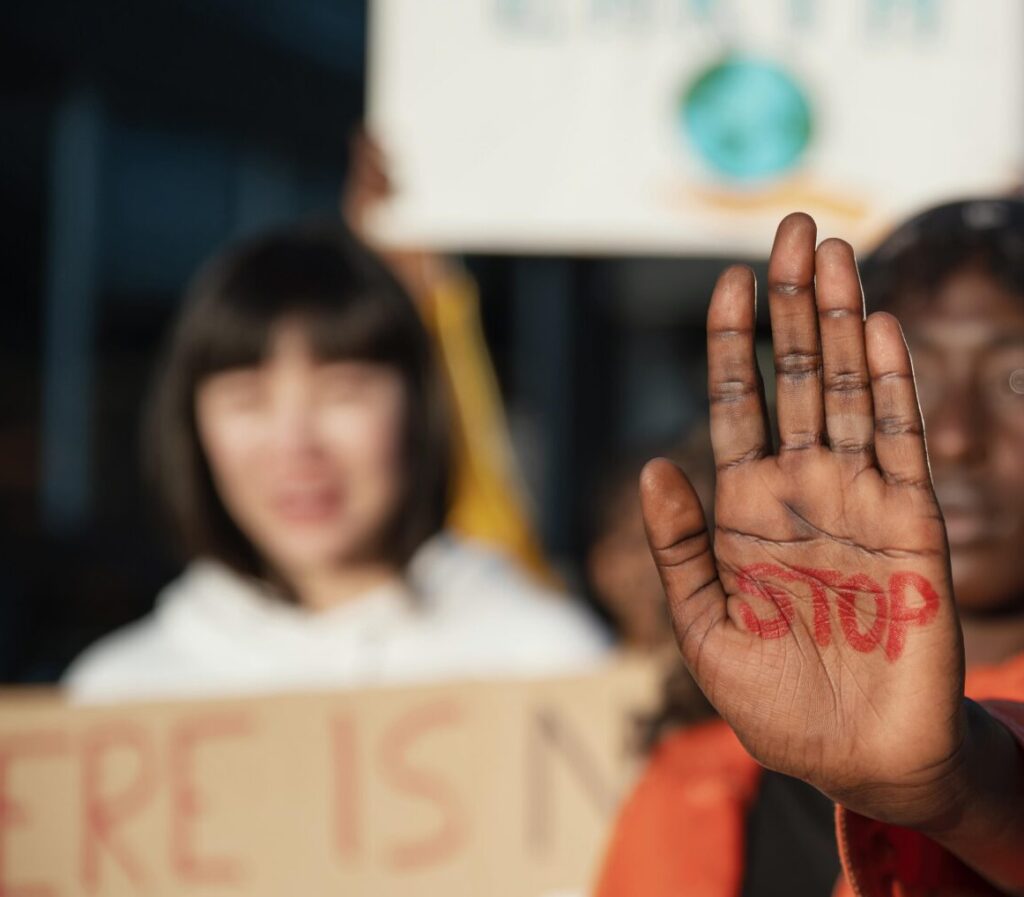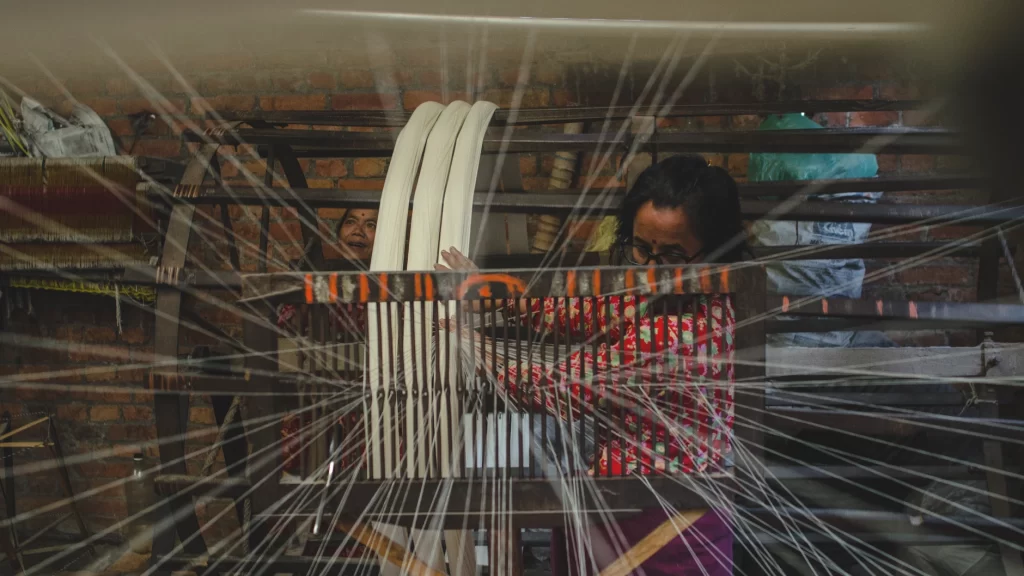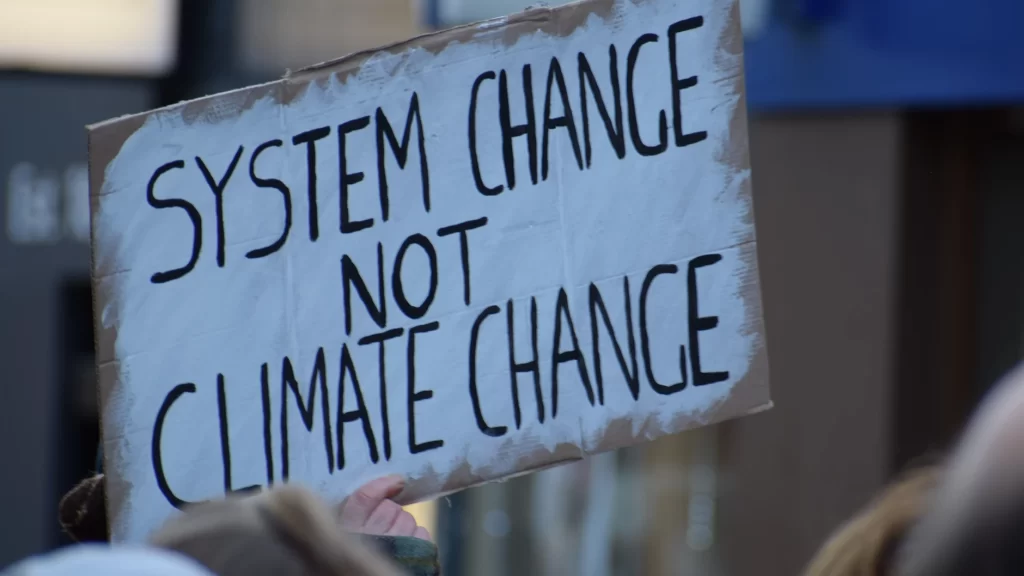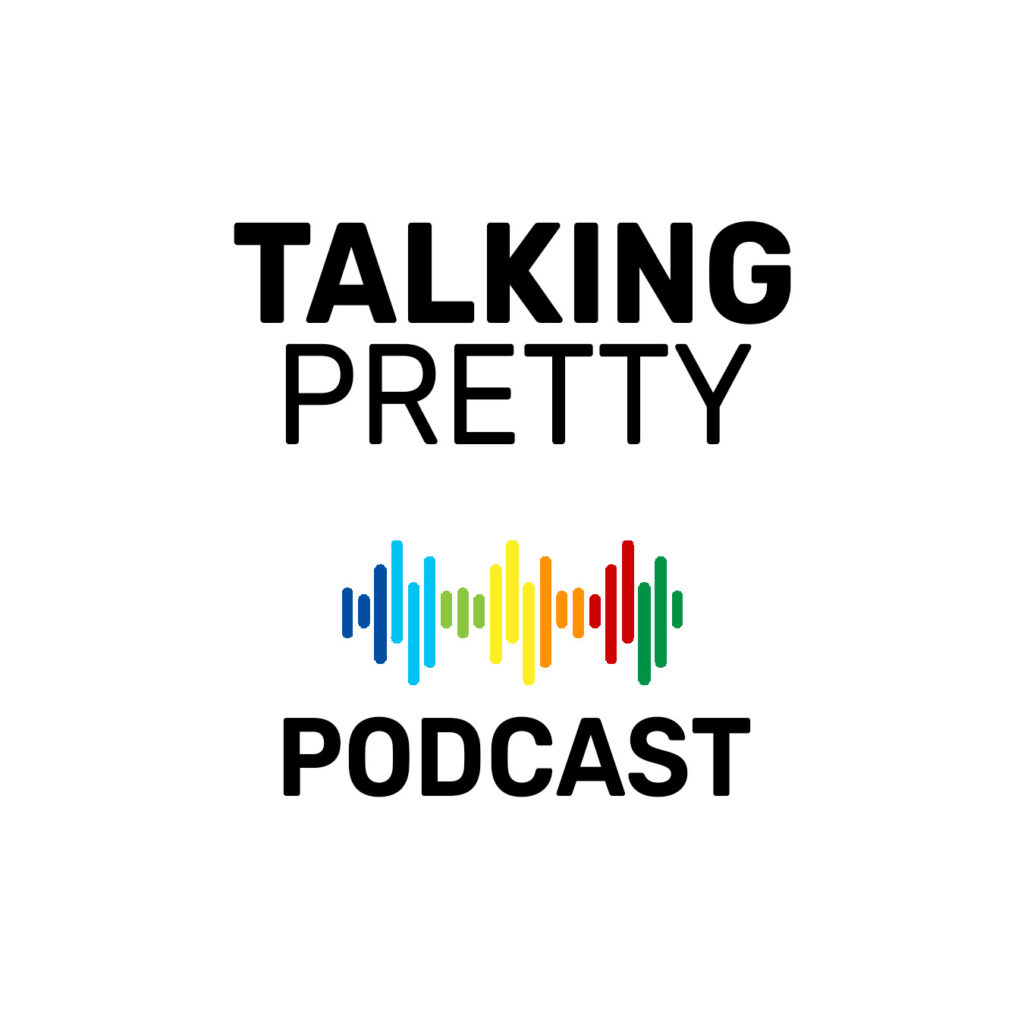A few days ago, I deleted the Amazon app from my phone. Turns out, I’m not the only one. Over the last couple of weeks, my social media feed has been buzzing with people talking about how they will no longer patronize certain platforms and brands. The voices are loudest against Shein and Amazon. For 2025, Remake has remodelled their flagship No New Clothes campaign, which they’ve traditionally been running for 90 days, from June through August. This year, the campaign is already in motion, with a focus on choosing secondhand and supporting small businesses, while boycotting 51 major global brands that have been associated with hurting the environment as well as workers. Let’s take a dive into what’s really going on, the direction fashion activism is taking, and what we can hope to achieve from any of this.
We’re scaling back on overconsumption
As of today, I don’t have a single shopping app on my phone and have unsubscribed from most brand newsletters, except the ones I enjoy reading. Because, let’s face it, it’s always tempting to scroll and, when you scroll, you get tempted to buy. If you’ve watched Buy Now: The Shopping Conspiracy, you’d have a fair idea of how Amazon, especially, was built to lure us into buying things we don’t need for a fraction of the cost they were made at.
This is the same model Shein is following. An unfathomable variety of attractive clothing options, created and priced such that you believe it’s OK to buy in bulk, to buy for a single occasion, and to simply discard when it no longer serves your purpose or the quality isn’t worth hanging on to.
According to estimates, there is enough clothing on the planet to dress the next 6 generations. And fast fashion brands continue to relentlessly produce more, because people continue to buy. We are overconsuming, and it’s driving overproduction. But not in 2025. This year, we’re being mindful of what we buy , how much we buy, and what we do with the clothes we buy.

We’re choosing our politics
To quote food systems educator Anna Lappé, ‘Every time you spend your money, you’re casting a vote for the world you want.’ Every time you buy fast fashion, you’re feeding demand, besides giving them money to carry on with their misplaced agendas. According to a Stand.Earth report, brands like Adidas, Nike, Coach and Zara have been associated with the deforestation in the Amazon. Puma sponsors Israel’s football team. Gap and Nike have been found to use child labour in their factories. Nike and Shein are the amongst the biggest polluters. Don’t want to support any of these? You know who not to buy from!
Will you not sparing a couple of thousands cause a hole in their pockets? Likely not, given how deep their pockets run. But they won’t be using your money for it and, hopefully, sooner rather than later, we’ll have enough people in our corner to be able to make a dent. Fashion activism is easier than you think. It’s really as easy as choosing who you want to give your money to.
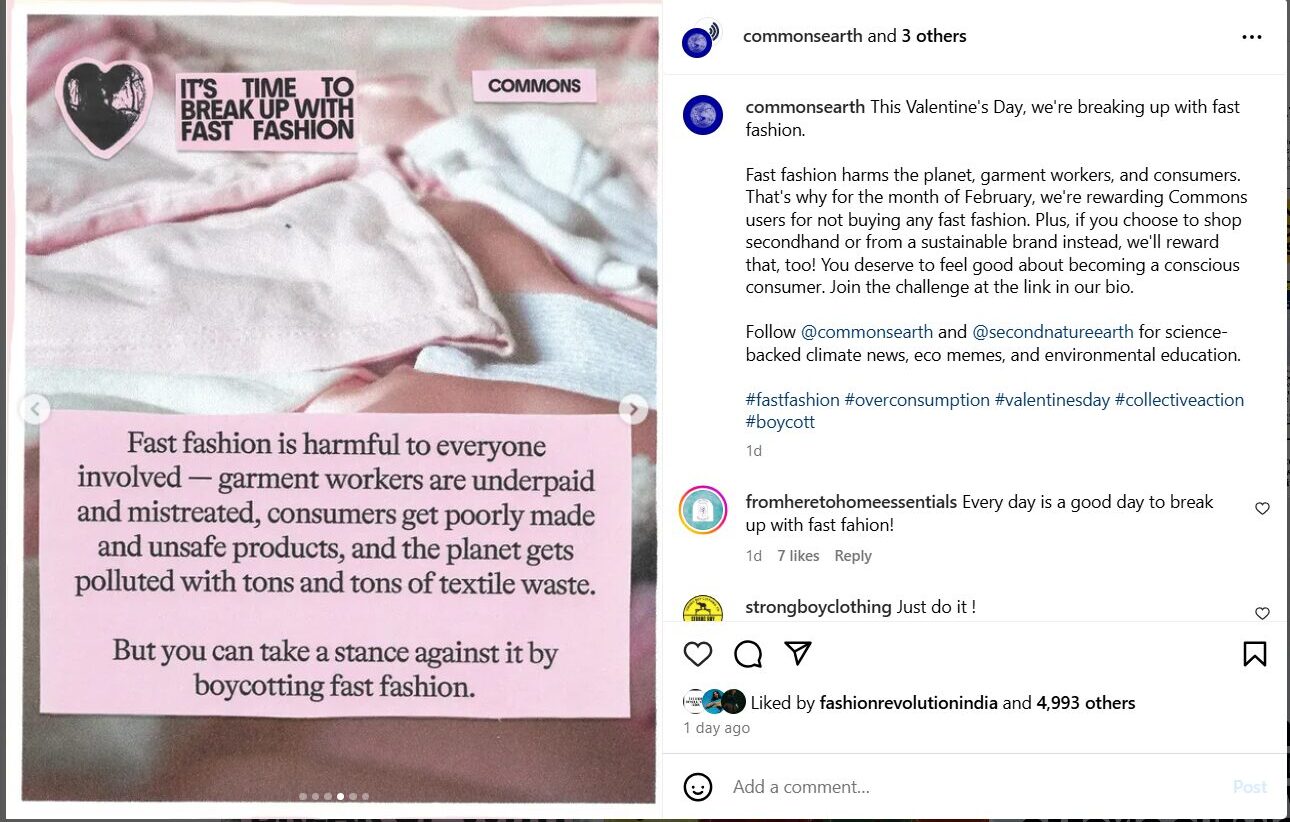
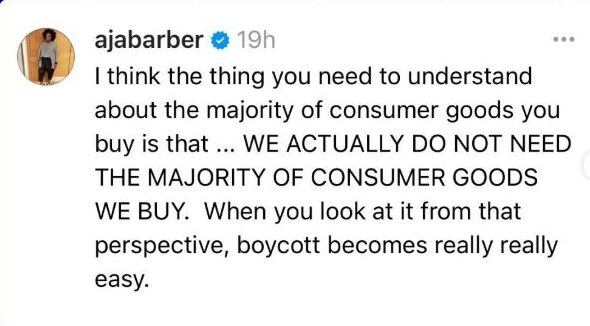
We’re enabling an ecosystem shift
Over the last few years, every sustainability event I’ve attended, every conversation with a sustainability business founder, has left me with one common thread: We need an ecosystem shift. When you choose to give your money to a more ethical organization, you are enabling them to do better and to grow, affording the possibility of the ecosystem shift we’re hoping for. You are being a fashion activist. By deleting Amazon and Nykaa, I now buy directly from the brands. When I buy from their own website, they no longer need to play by Amazon’s rules or pay them a commission. That means more agency and more profit margins for them. I may be paying a little more than what I would pay through Amazon, but I’m also no longer buying things I don’t need just because an algorithm prompted me to check them out and I got tempted.
Perhaps this is where we take a leaf out of Gandhi’s book. We don’t have to start spinning our own cloth and burning what we wish to boycott. We don’t need anything grand at all, in fact. Just small steps will do. Supporting a 100-mile economy, buying local, supporting ethical small businesses, and just being steadfast in our refusal to give our money to businesses that don’t mean us well and that don’t align with our purpose.
What are your thoughts on #BoycottFastFashion? Tell us in the comments.
